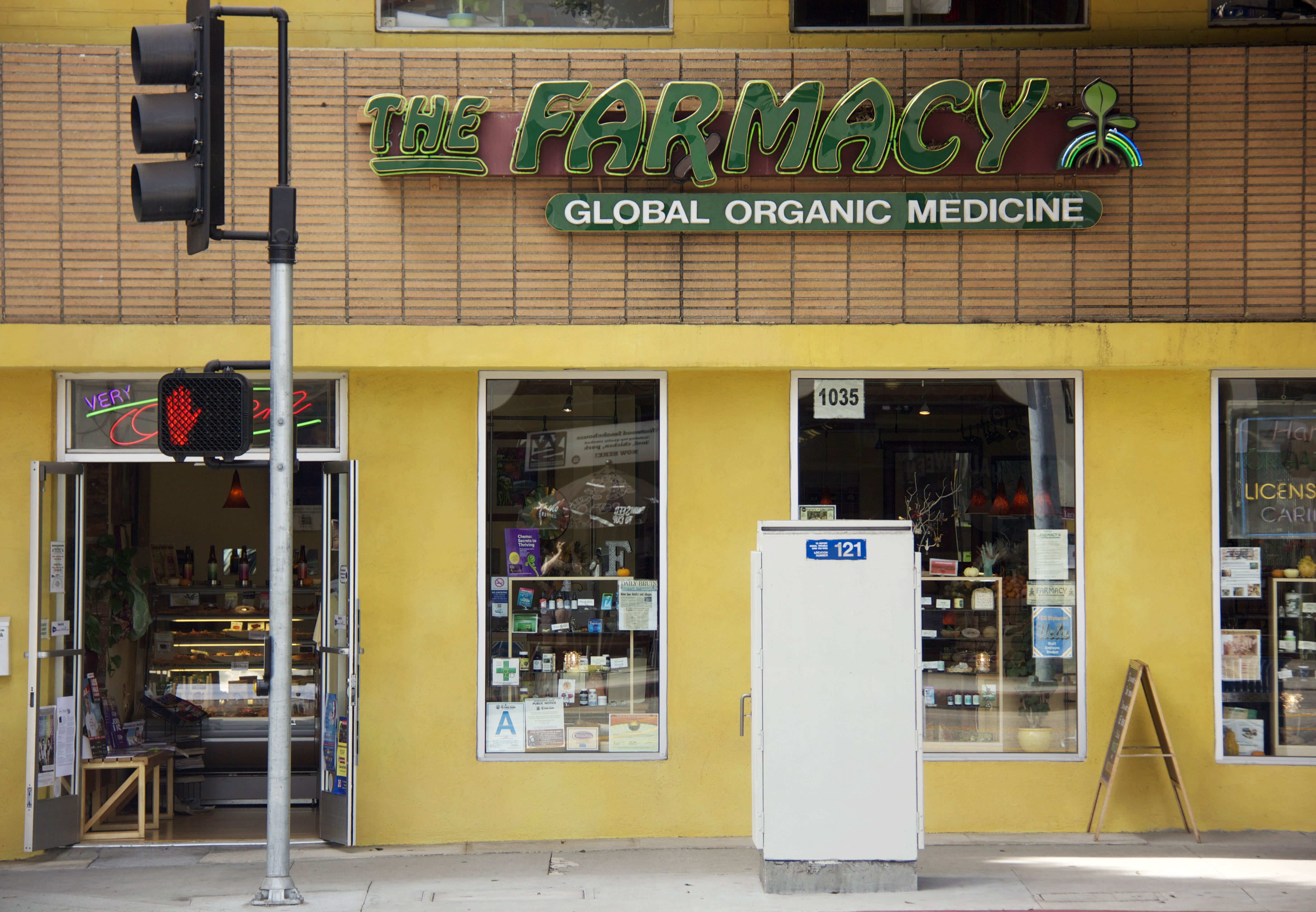The recently repealed ban on medical marijuana dispensaries in Los Angeles may be enough to relieve a little anxiety among some card-carrying college students.
But for businesses across Los Angeles and in Westwood specifically, there is widespread confusion surrounding conflicting federal, state and local laws, said Steven Sann, chairman of the Westwood Community Council.
Last week, the Los Angeles City Council repealed a ban on medical marijuana dispensaries. In recent years, the council has made a string of decisions about allowing or banning dispensaries. At the same time, there have been dispensary closures by federal authorities.
The final question that must be addressed, then, is quite simple: Who should regulate Los Angeles’ medical marijuana dispensaries?
The answer: Los Angeles.
The primary bone of contention lies in the federal government’s Drug Enforcement Administration policies, which conflict with local policy on the issue. Federal authorities reserve the right to close down any marijuana dispensary and the sale of marijuana remains illegal under federal law.
California’s United States attorneys are working with federal authorities to lead a crackdown on hundreds of dispensaries around the state, citing federal and state law that only permit primary caregivers to distribute the drug.
In essence, we have a system where the federal government shuts down medical marijuana dispensaries, while Los Angeles code allows them to operate. In order to get rid of this glaring discrepancy, we need to establish a middle ground where Los Angeles steps in to serve as the primary regulator of dispensaries, judging their validity and management, and shutting them down if necessary.
After all, U.S. attorneys have said that their main target is closing down dispensaries not operating in good faith, leaving alone those that distribute medical marijuana to those who need it.
If the keys were left to the Los Angeles City Council, clear and standardized criteria with which to control and judge the quality of dispensaries could be established, one that patients and owners alike could follow with ease. The federal government would become involved with judging the validity of a patient’s medical need, but the regulation of the dispensary business would be a matter of local concern.
In Los Angeles, this simplification could be just the cure for contradictions in state and national legislation.
Without a ban and with benchmarks set by the city for dispensary operation and distribution, safely operated medical marijuana storefronts would remain open while the city could take action against unregistered, profiteering shops.
According to the original Los Angeles City Council ordinance passed in June prohibiting medical marijuana businesses, one of the primary purposes of the ban was to stop violent crime and “neighborhood disruption.”
This evidence is, at best, generalized and murky.
Research from Bridget Freisthler, an associate professor of social welfare at UCLA, indicates no relationship exists between the density of medical marijuana dispensaries and increased neighborhood crime rates.
A blanket ban on all dispensaries based on media coverage and police testimonial on the effect of these store fronts is unreasonable. But until thorough research on Los Angeles’ neighborhoods has been conducted, a ban should be left off the table.
Susan Leahy, manager of The Farmacy, a global organic medicine shop in Westwood, said the repeal of the ban on dispensaries will allow medical marijuana patients to have safe access to their medicine. Leahy said she supports having regulations to ensure dispensaries are operating lawfully.
“I don’t want to be put in the light of someone who operates illegally,” Leahy said of the dispensaries the ban intended to target. “It’s almost like having a rotten apple in the crate of apples.”
Ban or no ban, these bad apples continue to exist.
By establishing a consistent code and measure with which to judge dispensary quality, local government will be able to crack down on those shops operating outside of the law while still allowing registered, taxpaying shops the ability to operate freely.
A ban in Los Angeles does not eliminate the existence of sellers and their willing buyers; instead, it works only to push both parties further underground and complicate regulation.
Under the ban, medical marijuana users would be able to obtain the drug only through their physician or by growing it themselves in groups of less than three people.
This would serve to promote a closed-door culture, acting against the interest of public safety.
With across-the-board standards put in place and regularly inspected by local government, legitimate dispensaries can be verified by customers for the safety of their products and can be easily identified if problems do arise.
Authorities would not want patients producing traditional pharmaceuticals in their own home, and the same principle should stand with medical marijuana.
Email Grano at kgrano@media.ucla.edu. Send general comments to opinion@media.ucla.edu
